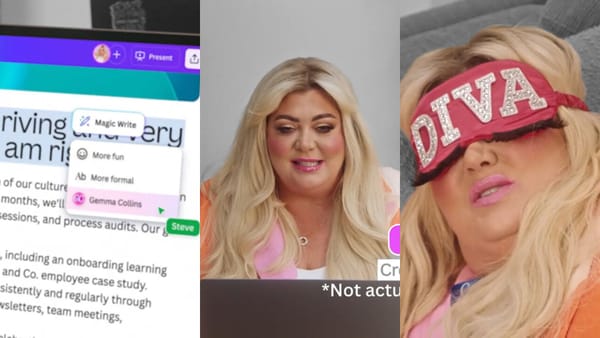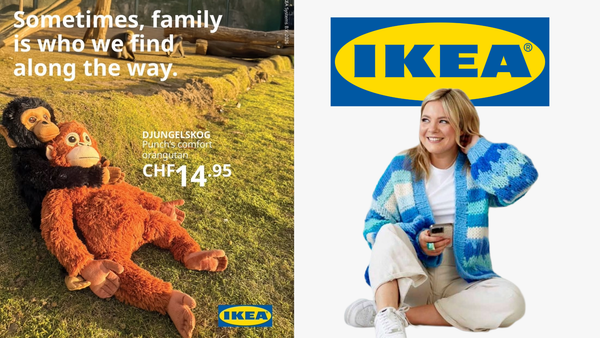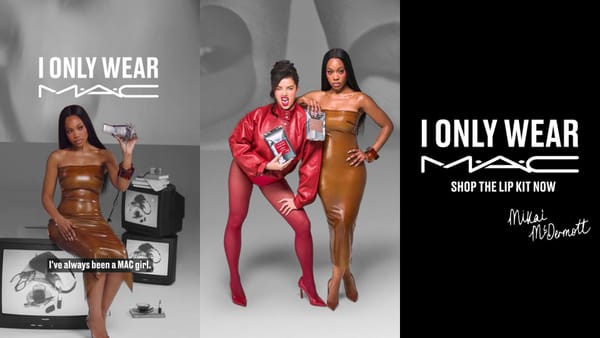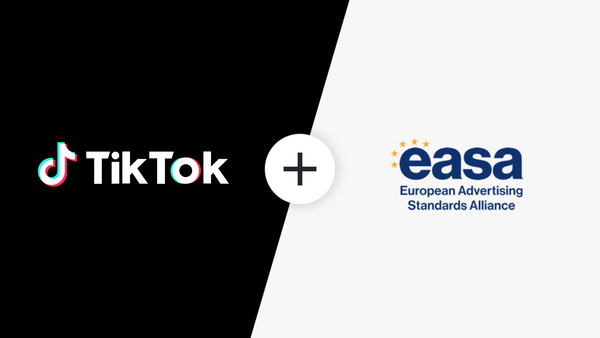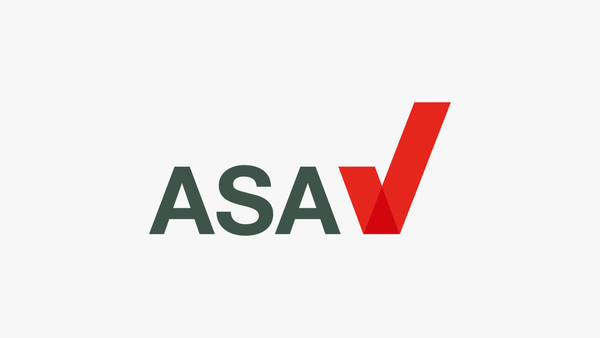According to a recent survey by influencer marketing agency CollectivEdge, almost three-quarters of influencers surveyed are not revealing their links with brands, which can lead to issues when building consumer trust.CollectivEdge carried out the research and discovered that in 2018, only 38% of paid-for brand collaborations were disclosed as an ad or sponsored post to the audience, which is worrying. By not disclosing sponsored content, influencers are at risk of losing their audience’s trust. Meanwhile, over 40% of respondents also stated that they didn’t know the difference between sponsored content and advertising, highlighting the need for everyone to brush up on the rules and regulations. In addition, 37% admitted they found the rules surrounding sponsored content confusing, which explains why there is still such a high number of people not revealing when an ad has been paid for. Out of the 1,400 influencers that were surveyed, 31% admitted that brands often ask influencers not to disclose content commissioned by them as they aren’t clear on the rules or want the content to look more authentic to audiences.“Any content that an influencer, or publication, produces that has been commissioned by a brand is classed as advertising. It is really important that influencers and brands understand how to make consumers aware of this, otherwise, both parties could be at risk of damaged reputation, and potentially even financial penalties,” said Alexei Lee, head of communications at Fat Media.
Last year, the Advertising Standards Authority released a guide around disclosure for brands and influencers, which state influencers should clearly inform their audience when they receive payment or product in return for a review or mention. The aim is to help influencers and brands stick to the rules by being upfront from the beginning.
However, in light of this research, it seems the rules can often be ignored by both brands and influencers to make a piece of content look more authentic, honest and organic, and a lack of understanding can result in penalties. With more brands investing in influencer marketing this year and influencers gaining more momentum in the marketing world, it’s vital that the rules and regulations are made clearer for brands and influencers alike, and they then take the time to fully understand them. What are your thoughts on this topic? Who is it up to? Let us know by commenting below or reaching us on Twitter at @talkinfluence


